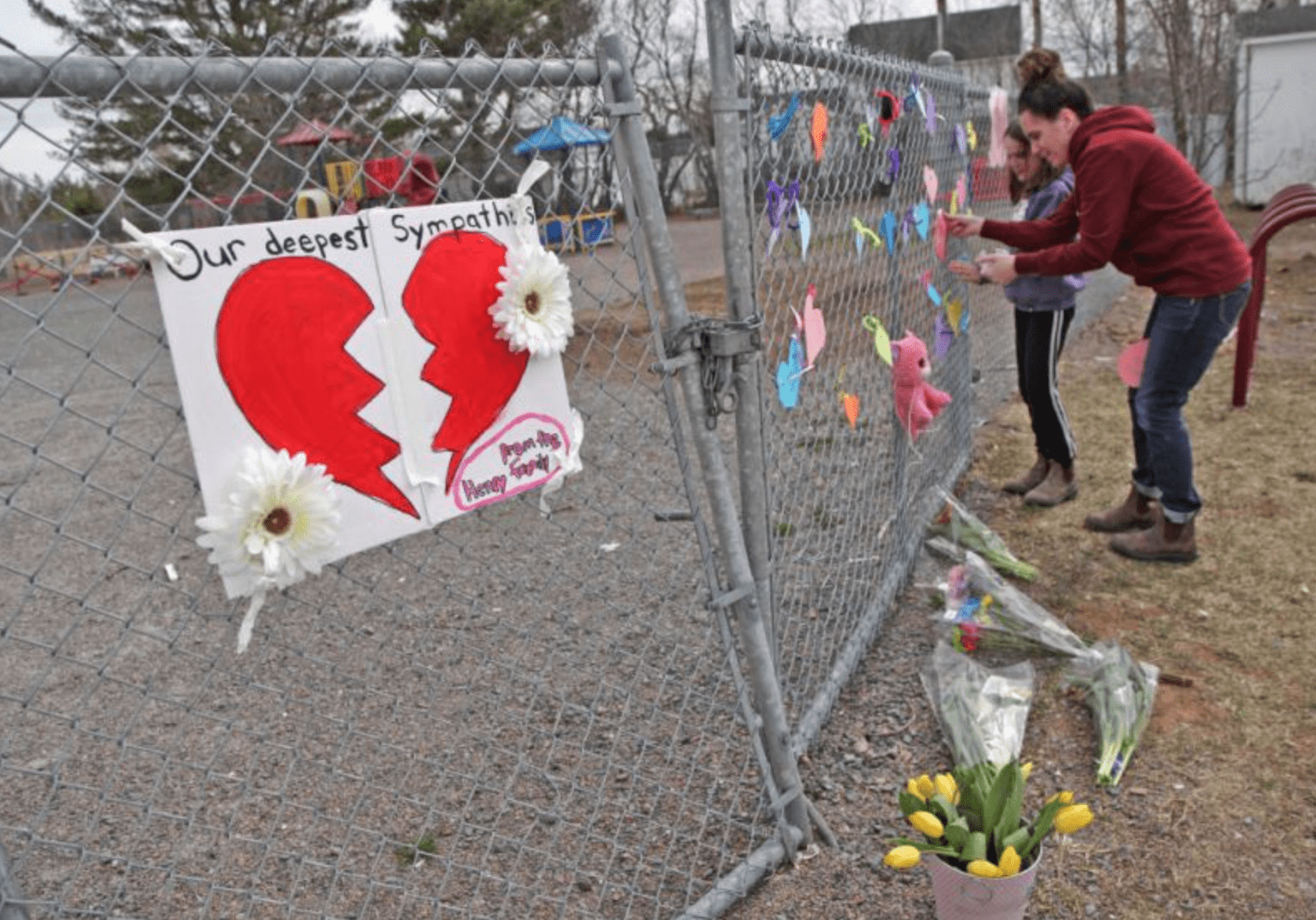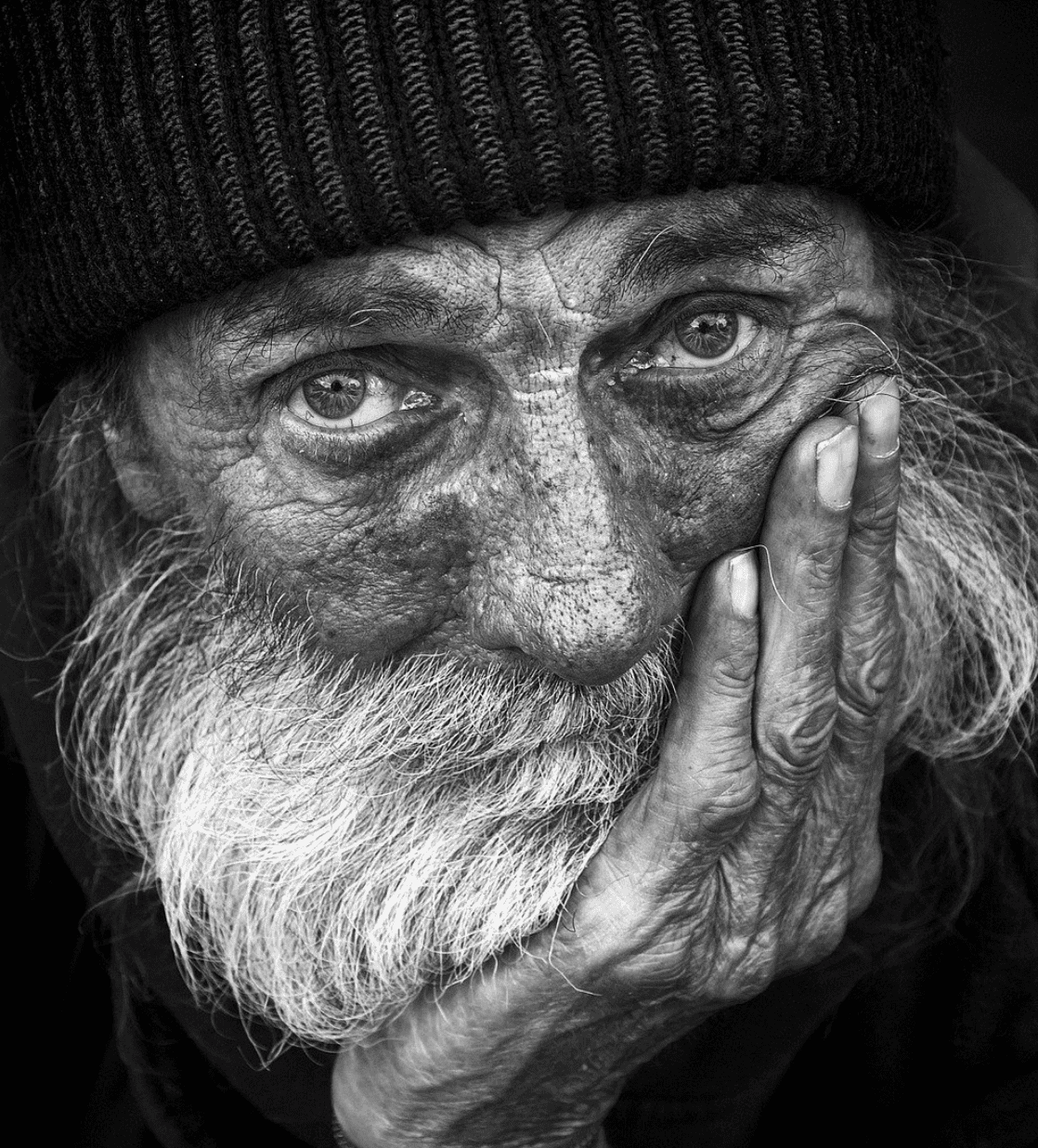This content is restricted to subscribers

The views, opinions and positions expressed by columnists and contributors are the author’s alone. They do not inherently or expressly reflect the views, opinions and/or positions of our publication.

This content is restricted to subscribers
The views, opinions and positions expressed by columnists and contributors are the author’s alone. They do not inherently or expressly reflect the views, opinions and/or positions of our publication.

"…[I]t is cheaper and more cost effective to provide people who experience homelessness with the housing and supports they need, rather than simply provide them with emergency supports through shelters and soup kitchens."
—Stephen Gaetz, professor at York University
When you pass a homeless person on the street, do you feel uneasy? If so, is that discomfort with the individual person's presence, or with the notion that our wealthy society could passively allow someone to fall into destitution? Do you consider a person living on the street to be a malefactor, or a victim?
Over the past four decades, homelessness in Canada has burgeoned and our collective response has largely been indifference.
Even the current pandemic hasn't proven incentive to adequately care for the most vulnerable. COVID-19's spread has run veritable laps around our sluggish, apathetic response. And while we dutifully express concern for virus outbreaks in senior care homes, so too has SARS-CoV-2 voraciously propagated through shelters and other inadequate care facilities for the homeless. This horrific outcome was predictable, yet shockingly little effort was made in prevention.
But while it's tempting to focus solely on the exacerbated needs of homeless people during this most dire of times, we shouldn't lose sight of our actions (or lack thereof) during the pre-pandemic normalcy.
How did social welfare deteriorate so badly? And more importantly, why did we tolerate its decline?
The "post-war consensus" involved a proliferation of nurturing governments, including the creation of robust social programs. But that era would give way to the "age of austerity" in the 1980s, in which governments disinvested from affordable housing, chipped away at the social safety net and privatized public services. Not by coincidence, homelessness started ballooning.
Canada isn't alone in its experience; the same script has been played out across much of the Western world. 10 years ago, British councils (municipal governments) would be fined if people were found to be sleeping rough, as it was the legal responsibility of government to provide accommodation for those in need. Today, just one short decade later, homelessness has become ubiquitous in the UK, to the point that many people scoff at the notion that government could possibly ensure everyone has a roof over their head.
The United States of America has fared even worse. Before the current pandemic began, almost one percent of the population of Washington D.C. was homeless. One shudders to think what the figure could swell to later this year.
People living on the street became an uncomfortable norm within our social compact, one that insidiously flourished over the past 40 years. But why did we passively accept this undesirable outcome?
As our gross domestic product has expanded, workers' wages have barely budged in response. Inequality has worsened; wealth is ending up in fewer people's hands. But rather than expressing outrage at the rich residing in their proverbial palaces, we instead often criticize the visibly poor for ostensibly being lazy. If I'm working incredibly devoutly as an employee, yet barely treading water, would it be fair if society gave someone else a free handout?
But brushing off the homeless as indolent would be incredibly ignorant. The streets can be safer than an abusive home; many flee physical or sexual violence, and resort to living under bridges before even becoming an adult. Others have untreated mental illness, something Canada's woefully incomplete social healthcare system often leaves unaddressed. Some have lost their job and subsequently either evicted from rental housing or had their mortgaged home repossessed. Others are in employment, including roles classified "essential" under the current pandemic, yet still cannot acquire permanent housing due to an affordability crisis politicians seem inept to rectify.
As our economy offers increasingly precarious employment, Canadians have perhaps never been at greater risk of homelessness. And yet, rather than addressing this by strengthening our social safety net, each new government insists on plucking another thread from the welfare tapestry, unravelling it yet further.
Ultimately, this sordid reality is the responsibility of us, the voters. We're the ones electing politicians who undermine the support system meant to keep struggling Canadians afloat. Politicians dangle the shiny bauble of low taxes, and appease our guilt by insisting that what they're cutting is somehow "waste." These elected charlatans may not campaign on increasing homelessness, but surely that is the expected consequence of a spend-thrift narrative that appeals to our most selfish proclivities.
Should a society with homelessness as the norm be acceptable? Is this the society we wish to build? Can a hypothetical utopia feature severe inequality and hefty pockets of destitution?
With the pandemic underway, many Canadian cities are improving the welfare of the homeless. Some are merely increasing the distance between shelter cots, placed in a large room offering no privacy or safety. Others have secured the use of hotels, allowing homeless people to adhere to physical distancing guidelines by having a suite to themselves.
But don't fool yourself: providing housing to the homeless which advocates have spent decades calling for is intended by politicians merely as a temporary measure. As the pandemic winds down, it's likely that support for the homeless will revert back to pitiful levels experienced during the Before Days; that indifference will once again define social welfare.
Or will it? Perhaps the social order is overdue for systemic change. The post-war consensus lasted 35 years; the subsequent age of austerity has already spanned 40 years. Is it working? If not, at what point do the foundations fray enough to mandate change?
As many measures are temporarily implemented to thwart off the worst of the pandemic's fallout, will we come to see these as necessary improvements for our society that cannot be clawed back?
We know from countless studies that a "housing first" model of addressing homelessness is both more effective and far less costly than the motley combination of temporary shelters and institutional (police, ambulance, hospital, etc.) supports. There is no evidence-based justification for neglecting the welfare of the homeless; it's a mean-spirited choice, based solely on ideological sadism.
As the pandemic wanes, we must elect politicians who will house and offer sufficient supports to society's most vulnerable. We must ensure everyone has a roof over their heads.
Moving forward, we should regularly ponder one question: what good is material wealth in a society void of empathy, compassion and humanity?
Photo Credit: Pixabay
The views, opinions and positions expressed by columnists and contributors are the author’s alone. They do not inherently or expressly reflect the views, opinions and/or positions of our publication.